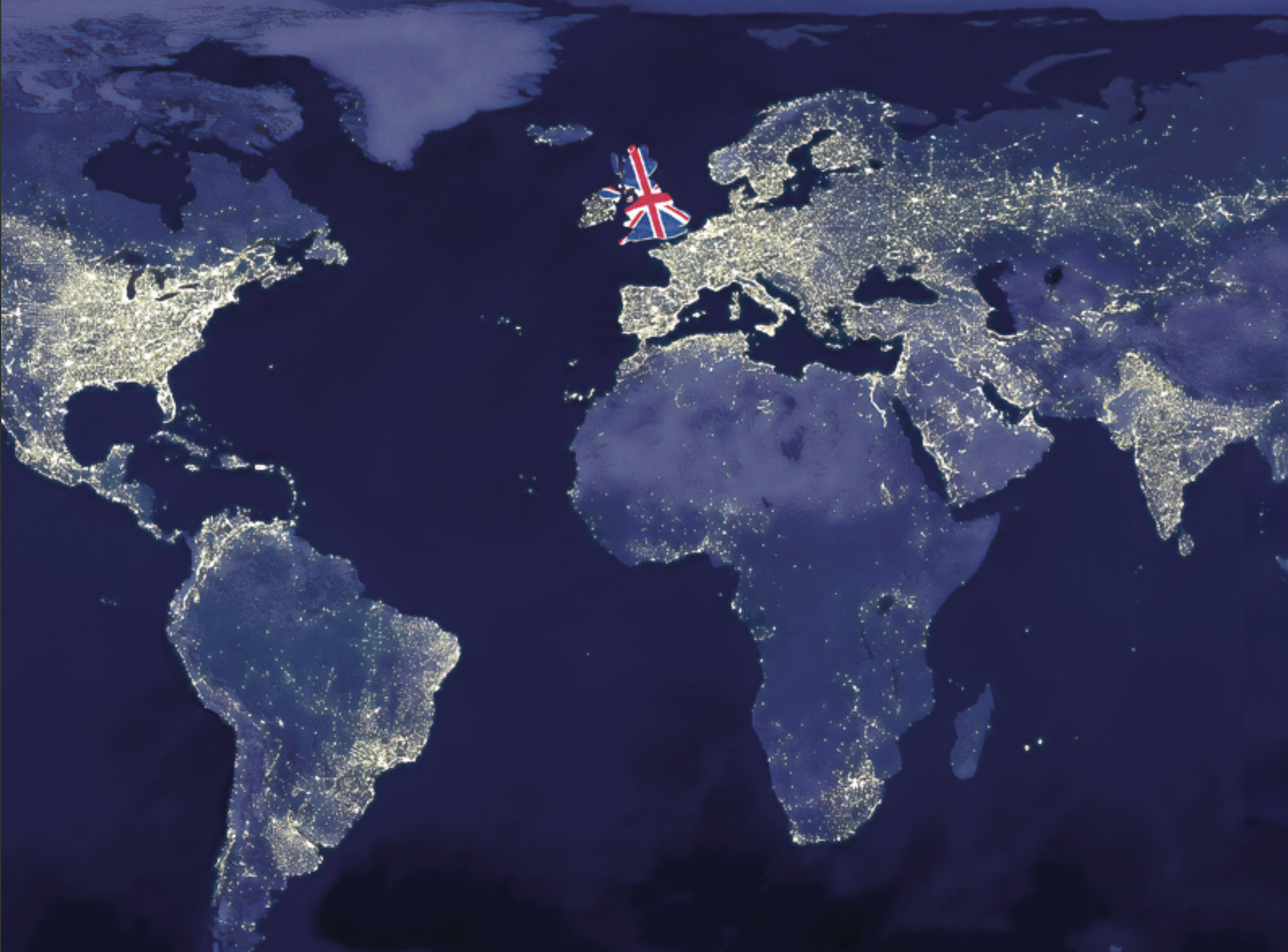Excerpt from the Executive Summary:
The UK’s exit from the EU on 31 January 2020 was a seismic political event. Britain suddenly was thrust into a rapidly changing world. As a significant – and now independent – power it required a coherent global policy based on a clear sense of its national purpose and geared to its long-term interests. Britain needed to reinvent itself, not only in Europe, but also East of Suez, as well as responding to the reverberations of recent US policy in Afghanistan, and of course to the sudden security crisis created by Putin. Events since the election of President Biden and the Ukraine war have added to the list of unresolved policy issues.
Having subcontracted much of its policy-thinking to the EU for forty years, the problem for British foreign policy development was that the cadre of senior civil servants of the past four decades, and especially the last two, had grown used to taking instruction from higher authority in Brussels and then merely ‘topping and tailing’ them for Parliament, reducing ministers options and ‘gold-plating’ them in the process.
The Integrated Review, published in March 2021, was meant to have addressed this issue. While the intention in that review was correct and it clarified some aspects of Britain’s future military posture, it
left unresolved a number of strategic lacunae: in relation to Europe; the globalist order the EU seeks to promote; the rising totalitarian power of China; and (what was then seen as) the decaying authoritarianism of Russia. It was an opportunity missed.
Government must choose and move – that is what government is for. But successive British governments have developed the habit of avoiding choosing and doing.
The purpose of this paper, written by more than 20 foreign policy experts, politicians, and academics, is to help the Government to – at the least – do a better job of choosing in a complex post-Brexit world where ministers no longer have the luxury of waiting for the EU to set the direction. It begins with an in depth historical look at our journey of entering the EEC and leaving the EU, asking what are the lessons of Brexit. It then reviews the geo-political situation in the major regions of the world and sets out recommendation for foreign policy in each region.
The paper reconnects our future opportunities to our once well-understood structural and cultural strengths. It does so not as an act of nostalgia but as a forward-looking and mature resumption of a course of action interrupted by the aberration of our forty-year long excursion into and out of the continental project.
Click here to read the report in full.

